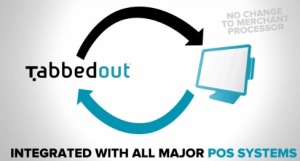“…lawsuit claims that service manager (stated) that the Louisville,Ky.-based chain’s regional director “only wanted girls working in the bar.†The complaint (states that restaurant) told women employees to wear tank  tops and shorts to work and to “flirt with every guy that sits at the bar top…â€
tops and shorts to work and to “flirt with every guy that sits at the bar top…â€
A former employee of the Texas Roadhouse restaurant in Ammon alleges only women can work as bartenders there, according to a complaint filed with the U.S. District Court of Idaho. Tim Fenton was employed at the restaurant as a trainer, bartender and server before his dismissal in October 2012.Fenton lost out on bartending assignments and Baird allegedly promoted a woman to tend bar that he had a crush on.
Baird also demoted Fenton from his position as a trainer allegedly in retaliation for his and his wife’s reports to Texas Roadhouse about the discrimination. Sam Angell, Fenton’s attorney, said his client made a formal complaint to the chain’s human resources department, but did not receive a report back regarding an investigation of the charges or its findings.
According to the Texas Roadhouse in Ammon, Baird is no longer employed at the restaurant. A representative for Texas Roadhouse corporate headquarters said he hadn’t seen the lawsuit so could not comment.
In order to pursue a job discrimination lawsuit in federal court, plaintiffs must first file a charge with the Equal Employment Opportunity Commission. According to Angell, the EEOC determined it would not be able to complete its investigation in the required 180 days so it issued a “Notice of Right to Sue.â€











